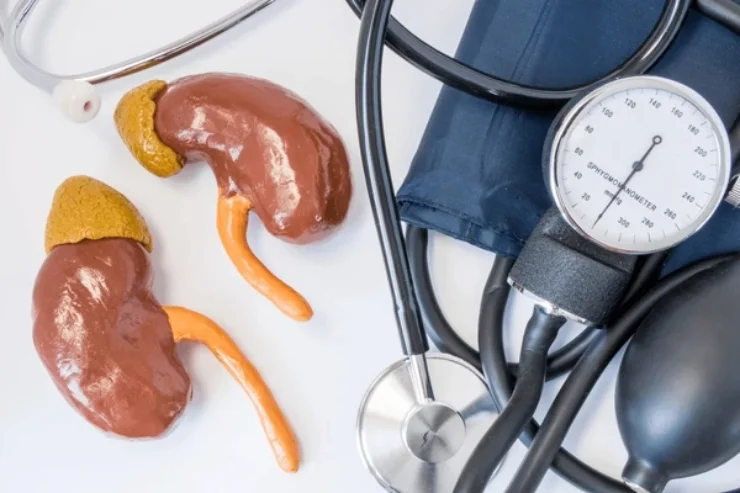Blood Pressure Management

Blood Pressure Management
Effective blood pressure management is essential for maintaining cardiovascular health and preventing complications such as heart disease, stroke, and kidney damage. Hypertension, or high blood pressure, often develops silently and requires proactive monitoring and control strategies.
Key aspects of blood pressure management include lifestyle modifications and, when necessary, medication. Adopting a heart-healthy diet, such as the DASH (Dietary Approaches to Stop Hypertension) plan, helps reduce sodium intake and supports balanced nutrition. Regular physical activity, maintaining a healthy weight, and managing stress are equally critical.
For individuals with persistent hypertension, antihypertensive medications may be prescribed. These include diuretics, ACE inhibitors, calcium channel blockers, or beta-blockers, tailored to individual needs. Regular follow-ups with a healthcare provider ensure medication efficacy and address potential side effects.
Self-monitoring of blood pressure at home complements clinical evaluations, empowering patients to track their progress and detect abnormalities early. Educating patients about the importance of adherence to treatment and recognizing warning signs of complications is a crucial component of care.
By integrating lifestyle changes, medical management, and regular monitoring, blood pressure control not only reduces the risk of life-threatening conditions but also improves overall well-being and quality of life.